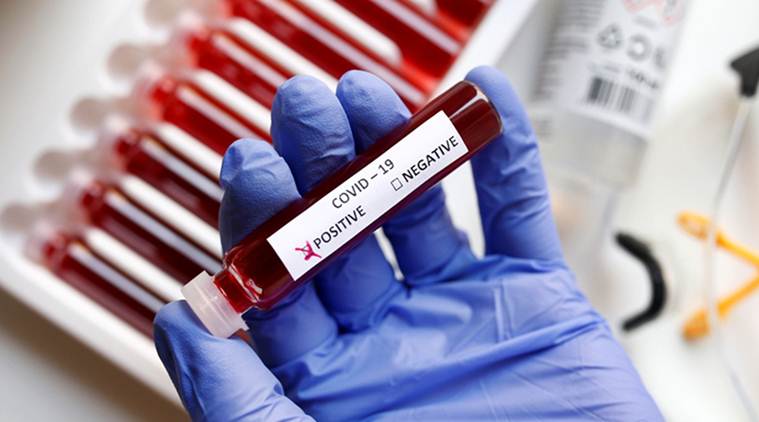 Dr Malvankar further said that a reason for why not many cases are being reported from the central or walled city areas is that herd immunity has been developed among the residents. (Representational)
Dr Malvankar further said that a reason for why not many cases are being reported from the central or walled city areas is that herd immunity has been developed among the residents. (Representational)
The panel of eminent doctors constituted by the Gujarat government, to control the spread of Covid-19 as well as to implement and supervise related provisions in the state, fails to provide a definite answer for the state’s high mortality rate.
Briefing media persons in Gandhinagar on Sunday, one of the panel members, Dr Tejas Patel, an interventional cardiologist, recipient of the Padmashree award in 2015 and current director of the Apex Heart Institute in Ahmedabad, said, “A meeting was held one-and-a-half months ago to find out reasons for the high mortality rate (in Gujarat), where a protocol of predictors of mortality in our population was prepared. It was implemented it is difficult to provide a definite answer to why deaths are high here…”
Principal Secretary (Health) Jayanti Ravi said, “We need to understand that the death audits do not conclude a single cause of Covid-19 deaths; there are multiple reasons. Among them are comorbidity and high-risk factors (patients above 60 years and below 10 years), late presentation — detected even in educated populations — where symptoms have been ignored, leading to delayed reporting to hospitals.”
Ravi, Dr Patel and seven other expert members of the task force were present at the media briefing where mortality was one among the four topics taken up by the panel. The other three were community health, treatment protocol and dos and don’ts for citizens.
Dr Patel said, “We have to learn from our own experience. There is no permanent solution or answer, it is difficult to find reasons for why death incidents are high in Gujarat. We are trying to find out scientific reasons and where we find lapses, we rectify them… At present, our focus is on saving patients in serious condition.”
Another panel member, Dr Maharshi Desai, intensivist and critical care expert at Apollo Hospital, said, “Controling the death rate through medicines is not possible. Implementation of the healthcare system should be focused on how to provide appropriate care to every patient.”
Blaming the Tablighi congregation for high number of cases in Ahmedabad, Dr V N Shah, diabetologist and founder of Zydus Hospital, said, “It is due to Tablighi and the walled city areas that the highest reports of cases are from Ahmedabad.” He also attributed the caues to the high number of international travellers to the city. Majority of those who returned tested positive, he said.
Dr Ami Parikh, head of the medicine department at Ahmedabad Municipal Corporation-run SVP Hospital, said that weekly death audits of Covid-19 patients at the hospital showed that there are multiple reasons for deaths. “Thrombosis, Acute Respiratory Distress Syndrome (ARDS) and cytokine storm — which is the most dangerous — can lead to damage of organs including lungs, kidneys and heart… There is no system to inspect how the immune system will react to this. In the ARDS condition, there is no way that oxygen from outside reaches the bloodstream.”
Dr Parikh is also on the panel of three doctors directed by the Gujarat High Court to look into the 21 issues raised in a report, tabled in the court last month, that had raised several issues in government hospitals.
Dr Dileep Mavalankar, director of the Indian Institute of Public Health (IIPH) in Gandhinagar, attributed the high mortality rate in Ahmedabad to the high number of city population with obesity, diabetes hypertension and anaemia. “Along with these, the densely populated city is also one of the reasons,” he said.
Dr Malvankar further said that a reason for why not many cases are being reported from the central or walled city areas is that herd immunity has been developed among the residents.
Echoing similar views, Dr Patel said, “We are at the peak stage of the virus. Slowly, herd immunity will be developed… for which minimum 60 per cent of the population needs to be infected. When 70 per cent are infected, the scare of coronavirus will go away.”
There is a need to develop a positive mindset, the experts concluded.